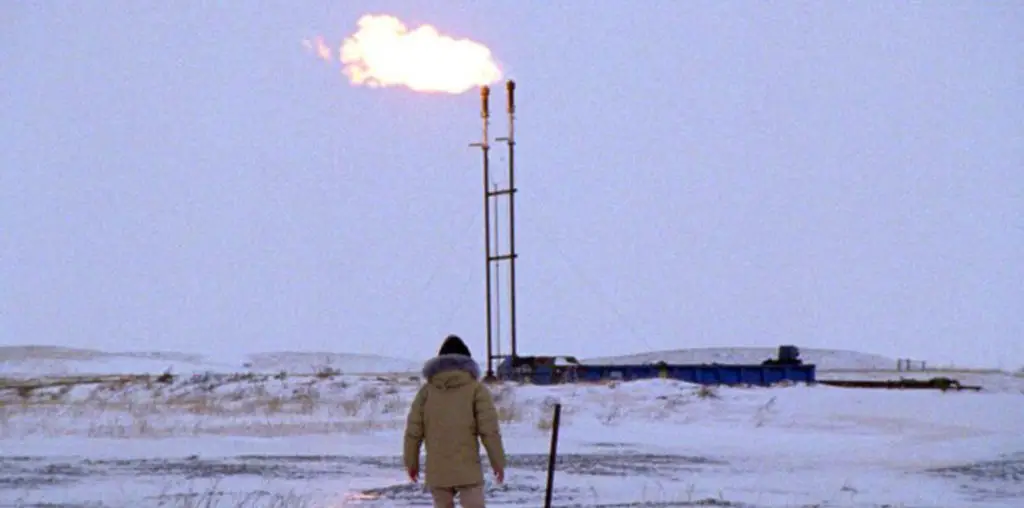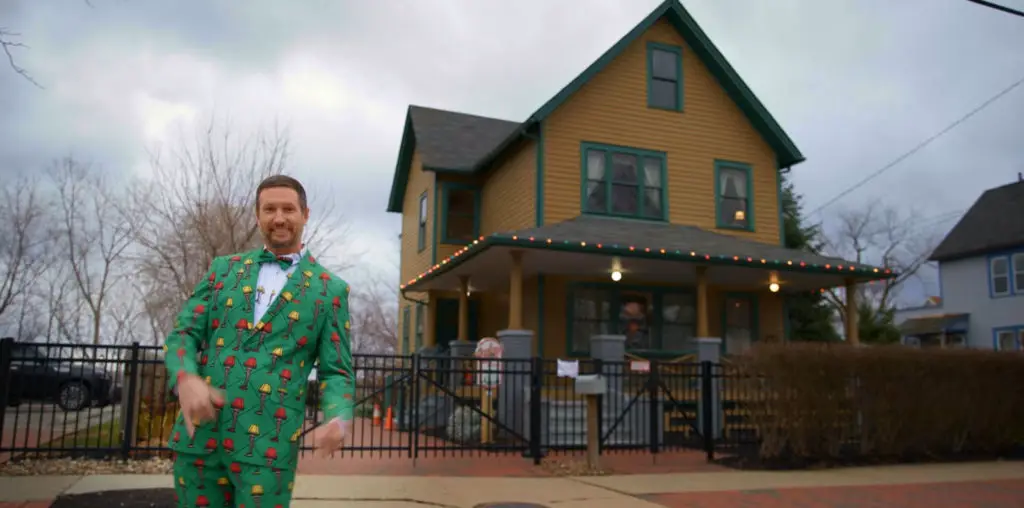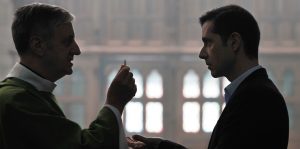
The title of By the Grace of God – the latest controversial film by French auteur François Ozon (Swimming Pool, 8 Women) – refers to a term that a holy representative of the Lyon Diocese uses when describing the statute of limitations. Said priest deems that particular law – which basically lets criminals slide if enough time has passed since their last alleged offense – fortuitous. Why? Because the molestation of young boys by a member of his own church – an aging priest who has no qualms divulging his sins – may have surfaced too late, potentially saving his diocese from eternal public damnation.
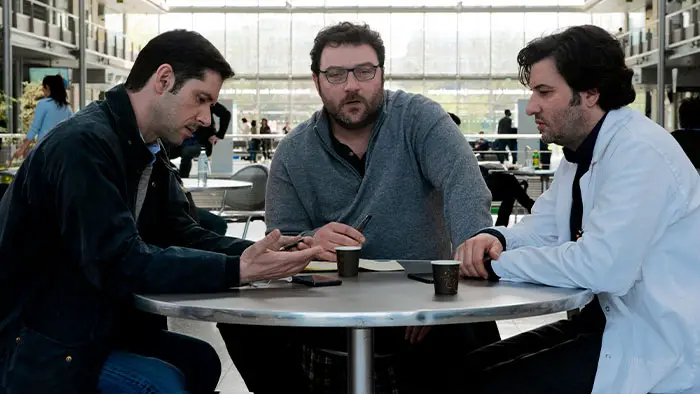
“…the molestation of young boys by a member of his own church… may have surfaced too late….”
While By the Grace of God brings to mind similar exposes like Amy J. Berg’s documentary Deliver Us From Evil and Tom McCarthy’s Oscar-winner Spotlight, Ozon’s approach is radical in how… straightforward it is. He avoids resorting to any stylistic flourishes, any semblance of suspense-building or sensationalism. His characters aren’t perseverant journalists fighting for victims’ rights, nor does he delve deep into the psyche of the sexually-repressed, perverted priests. He simply follows the paths of three men who were abused by said priest when they were too young to speak up, seeking justice when its purported due date may have just expired. This gives this “David vs. Goliath” film its own sense of authenticity and realism, if perhaps at the expense of pacing and deep character involvement.
Subtly split into three parts, By the Grace of God first introduces us to Alexandre (Melvil Poupaud). Molested by Father Bernard Preynat (Bernard Verley) at a tender young age, he now sets out on a “quest for the truth.” “I forgave what I could,” he states, “and live in the shadow of what he did. But many questions haunt me.” Amongst them: “Why does he still work with children?” Indeed, Preynat conducts Bible studies and choirs with minors, despite having allegedly confessed his sins to the church way back in the day. Alexandre confronts the 71-year-old man, and asks him if he would confess to the crimes publicly – but the priest is frightened of death threats from parents. Alexandre is astonished. “You abused their children!” he tells him, face-to-face, to which the priest retorts, “[That’s] no reason to be violent!”
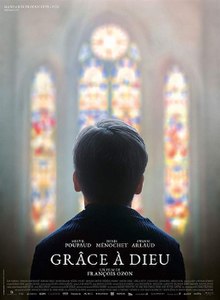
"…It may be a 'message movie'...but it's a muscular, endearing, highly intelligent one."
